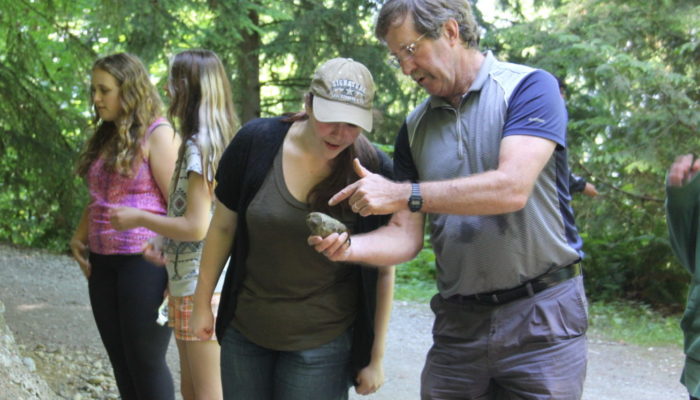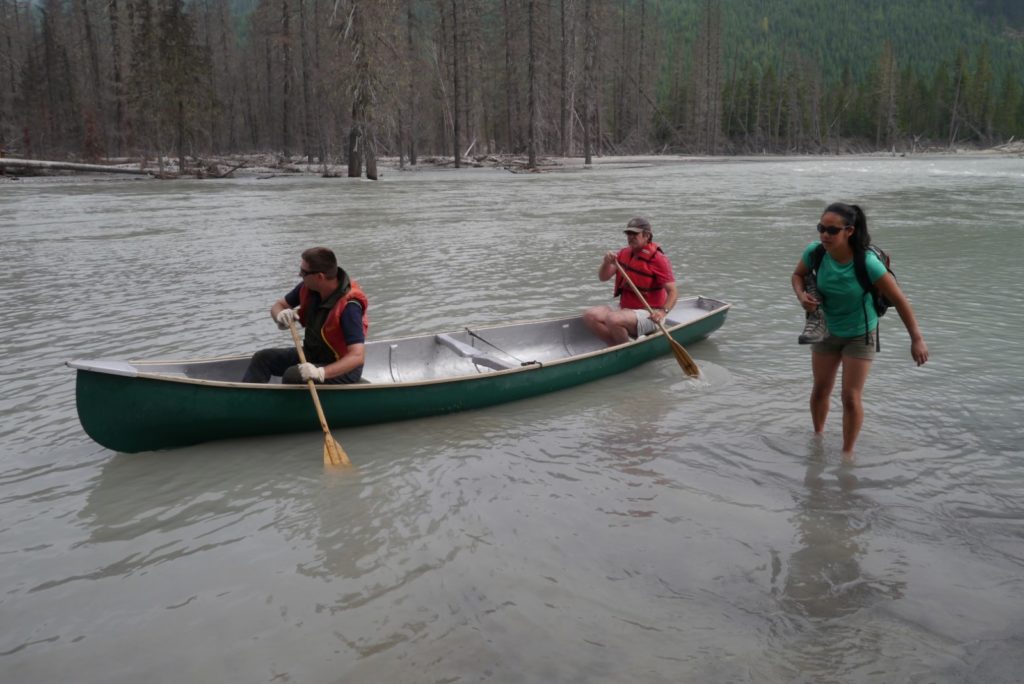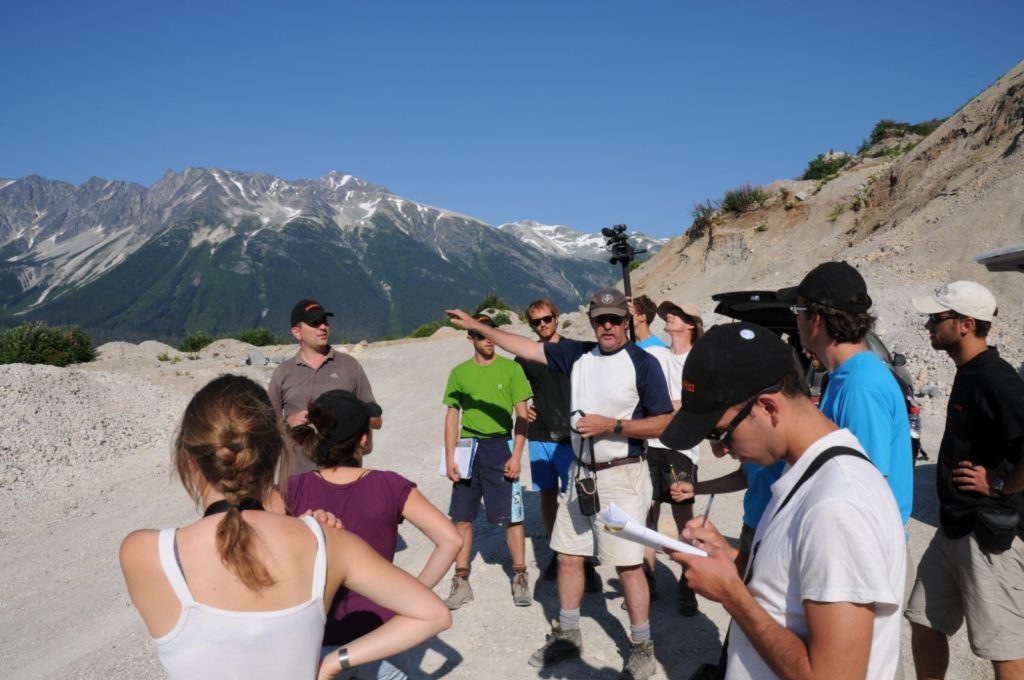
In today’s interview, we talk with Prof John J. Clague, who was awarded the 2020 Sergey Soloviev Medal for his remarkable scientific contributions in fundamental and applied research on earthquakes, tsunamis, outburst floods and landslides, directed towards risk reduction for the benefit of societies.
Hi John, can you please briefly introduce yourself, telling your main research focus and what inspired you, when you were a young student, to undertake a career in NH?
I am a geologist with a broad range of research interests. My passion for geology was seeded during childhood, a time when I explored the wonders of Sierra Nevada mountain range in California on summer holidays. Geology became my professional passion under the tutelage of some of the best geologists in North America. I first undertook research in the natural hazard/risk field while employed as a Research Scientist by Natural Resources Canada (1975-1998), later I expanded my hazards research program as a Professor in the Department of Earth Sciences at Simon Fraser University, Canada (1998-2016). Although now retired, I continue my quest to understand hazardous Earth processes. I particularly love the interface between physical and social sciences that allows me to perform science aimed at the public good.

Crossing the Lillooet River to reach the site of the 2010 Mount Meager landslide in August 2012. Front: Luigi Perott. Rear: John Clague. Debarked passenger: Hazel Wong. Photo provided by John Clague.
You have been awarded the 2020 Sergey Soloviev Medal, which recognizes research that improves our knowledge of basic natural hazards principles, as well as research that assesses and leads to the proper mitigation of natural hazards, from both human and environmental sides. First of all: congratulations! From your perspective, how do you think has research on natural hazard changed in the last decades, and how is it going to change in the future?
Thank you. I am honoured! In answer to your question, there has been a remarkable growth in natural hazard science driven by technological advances (e.g. lidar, InSAR, and improved computer power and modelling software). Also, the number of physical and social scientists studying natural hazards and risk has grown markedly in the past several decades, in part stimulated by these technological advances, but also by the natural desire of humans to contribute to the public good. In my opinion, these two factors will continue to drive hazard and risk research forward, with no end in sight. Certainly, new technologies will provide opportunities for young natural hazard researchers to ‘make their mark’.
there has been a remarkable growth in natural hazard science driven by technological advances
Concerning landslides, probably your main research focus, what should the scientific community and the decision-makers expect in terms of future trends in the context of global warming?
The effect of our changing climate on mass wasting is an important topic. We should not assume stationarity in landslide occurrence in the future because causes and triggers of slope failures are changing with climate. We know that Earth’s cryosphere will diminish over the remainder of this century, and this will certainly increase the frequency of landslides in glacierized high mountains, with likely ‘knock-on’ effects downstream. Large-scale permafrost thaw will impact people living at northern latitudes, and the seasonal disappearance of Arctic sea ice will exacerbate coastal erosion in the Arctic. Natural hazard scientists need to engage decision- and policy-makers in publicizing these issues, both through the IPCC process and by engaging the public and authorities at national and local levels.
You also have an unmeasurable experience in science education and communication. How have people changed their perception towards the importance of research/university and what can you recommend to young researchers, like us, who try to transfer some knowledge to a non-expert audience?
People aged 4 to 90 are naturally curious about Planet Earth, and you and I are the experts who can answer their questions about how the planet works. No one else can do that, so don’t be shy about sharing your knowledge. My recommendation to young researchers is that they give science talks and field trips within their communities. Also talk to elementary children, both in the classroom and outdoors. Children love rocks, minerals, and dinosaurs; why not nurture that love by showing your passion for geology? Who knows, you might be ‘lighting the fire’ that will drive a child forward to a career in science!

John Clague explains the geology of the southern Coast Mountains to a group of students on a field trip in southwestern British Columbia in August 2012. Photo provided by John Clague.
nothing truly worthwhile is ‘handed to you on a silver platter’; you have to work hard to achieve your goals
Finally, what would you recommend to young researchers who aim at building their career in academia?
My advice to young researchers, in fact, to young people in general, is multifaceted: pursue your professional passions energetically, engage professionals who are keen to help you, expand your network, and work hard. With regard to the last point, nothing truly worthwhile is ‘handed to you on a silver platter’; you have to work hard to achieve your goals.
